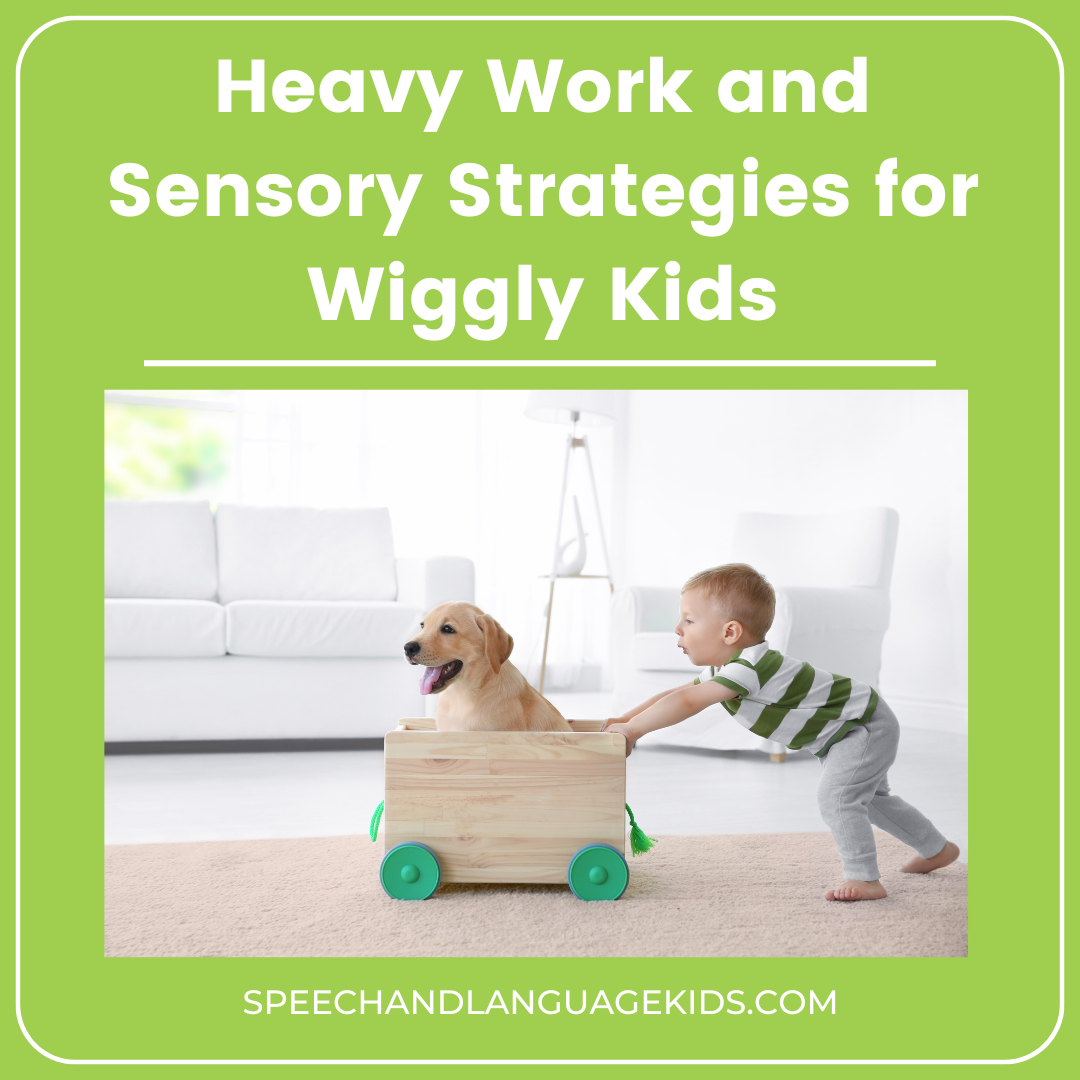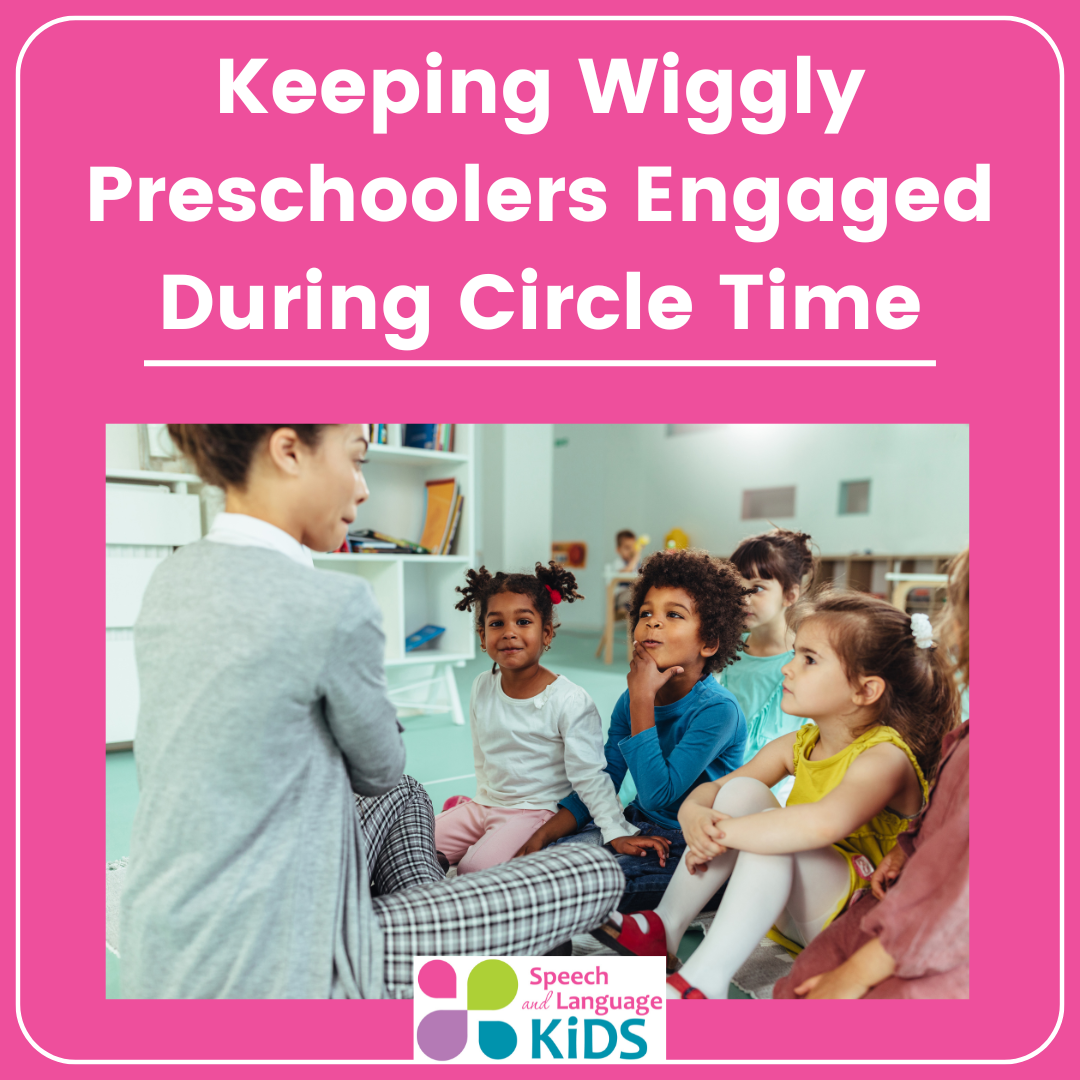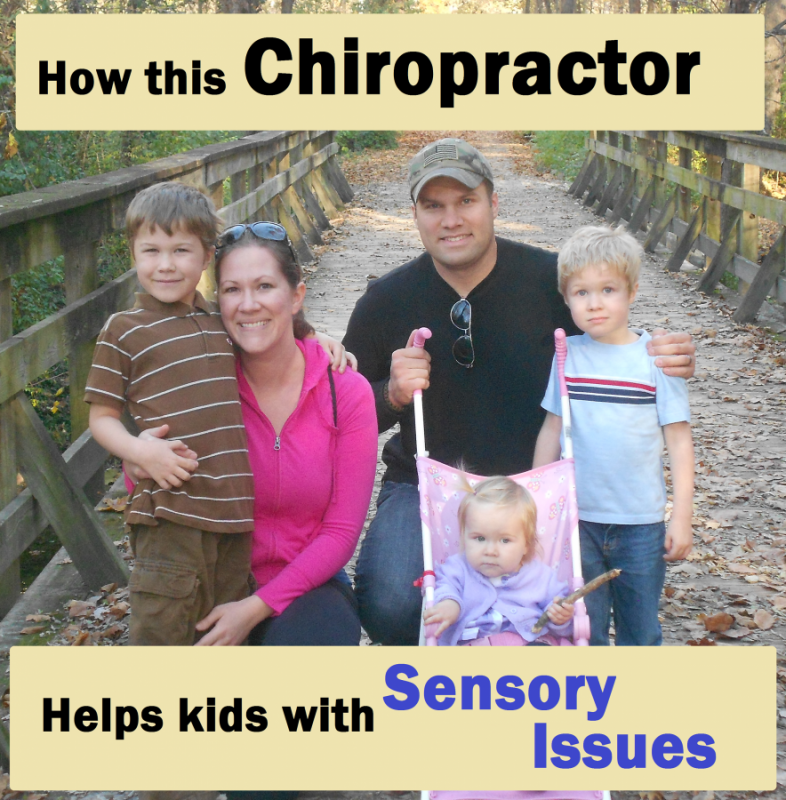Many children with speech and language problems also have sensory concerns and/or behavior concerns. For that reason, I have included resources for these topics as well. Browse below to see what information I have.
How Do Behavior Concerns Go Along with Communication Delays?
When a child is unable to effectively communicate with the people around him, he can become very frustrated. Often times, these frustrations turn into behavior problems. The key is to take care of behavior problems early, before they become more difficult to manage. If your child has communication-based behavior problems, it is important to begin working on behavior while you are working to improve communication.
These Resources will Show You What to Do:
How to Deal with Challenging Behaviors
Communication-Based Behavior Problems (Overview)
How to Teach a Child Any New Skill By Fading Supports
Echolalia: When Children Repeat What You Say
How Do Emotions Play Into This?
Many children with speech and language delays have trouble understanding and communicating their emotions in an appropriate manner. These children may escalate into terrible tantrums instead of working through their emotions. This article will give you information about how you can help a child communicate about their emotions and find ways to self-regulate when problems arise.
Calming Children: Self-Calming Strategies for Kids
Sensory Concerns for Children with Speech and Language Delays
Many children with speech and language delays also have trouble regulating their sensory systems. In other words, their bodies have trouble processing, understanding, and dealing with all of the sensory information they receive, such as sights, sounds, smells, textures, etc. Children with autism are often noticed to have sensory problems (sometimes severe) but you don’t have to have autism to experience sensory processing symptoms.
The most important part of dealing with sensory problems is figuring out why the problem exists and fixing the cause. This chiropractor is doing just that:
How this Chiropractor Helps Kids with Sensory Needs
You may also want to look at your child’s diet as a possible source of sensory problems:
Special Diets and Speech Delays: Do They Work?
You can also work on finding replacement behaviors for sensory behaviors:
How to Stop Flapping and Other Self-Stimulatory Behaviors
How Can Social Stories Help Children with Language Delays?
A social story is like a script for a specific situation or scenario in your child’s life. It explains to the child what will happen in a given situation and how the child should behave. This can be extremely helpful when working with a child who may not always understand what is going on around him or be able to communicate in that situation. Here’s more info on using social stories:
Social Stories for Children with Language Delays
Video Modeling for Behavior Problems
Video modeling is much like social stories except that the student watches videos of himself performing desired (correct) behaviors in various situations. Check out my information on video modeling below:
How to Use Video Modeling to Change Behavior
How Can I Make Speech Therapy More Fun?
How to Make Speech Therapy More Fun
How to Respond to Teasing and Bullying:
Your Kid Sounds Funny (and other insults you should totally respond to)
Selective Mutism
Selective mutism is when a child has the ability to speak and will speak in at least one setting (usually home) but refuses to speak in another setting (usually school and/or in public). Treatment for selective mutism is very different from treatment for other speech and language delays. To find out more about selective mutism, click the link below:
Where Can I Learn More?















